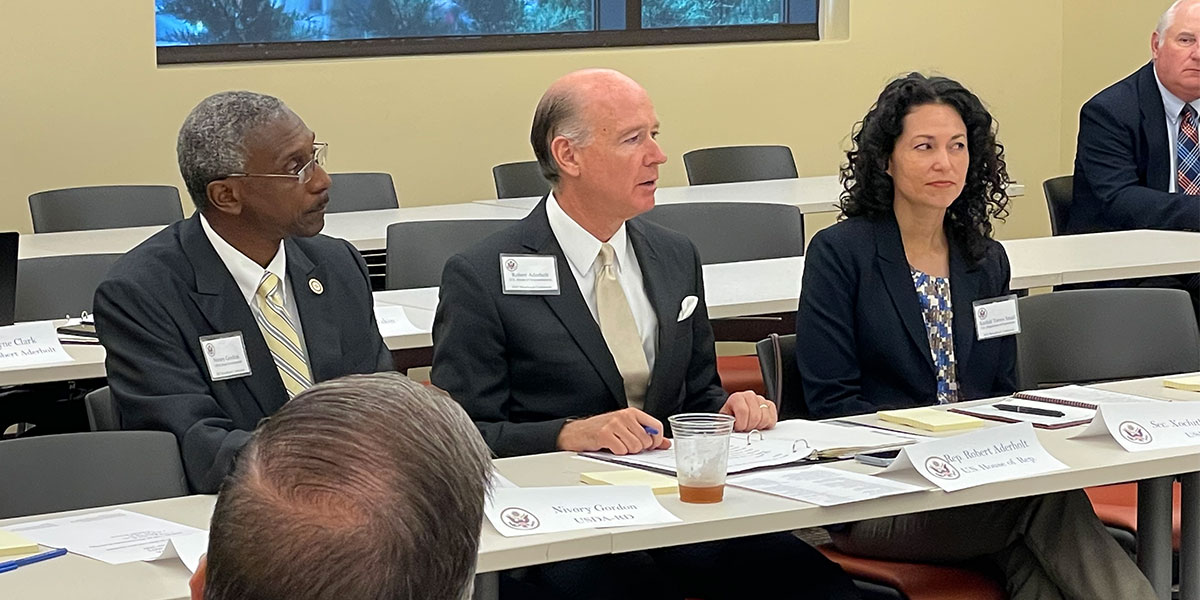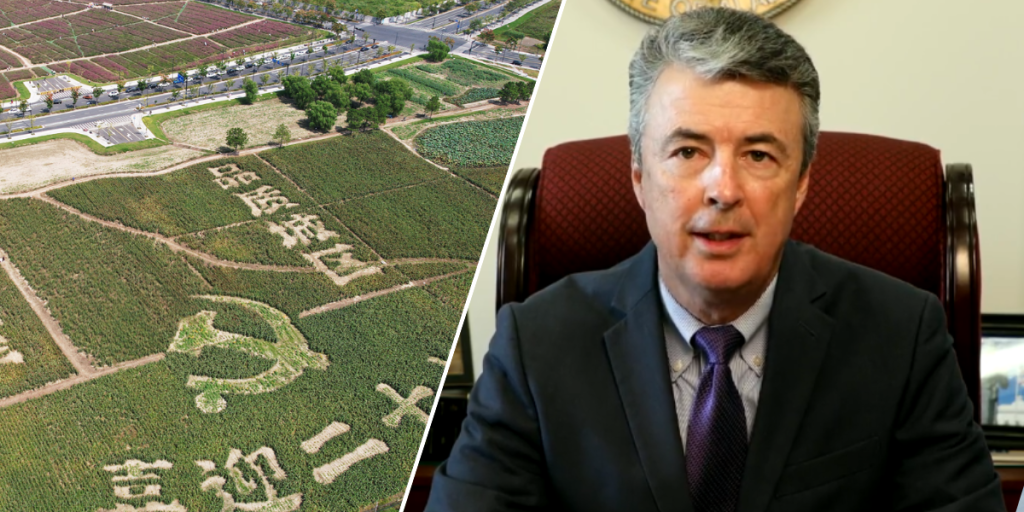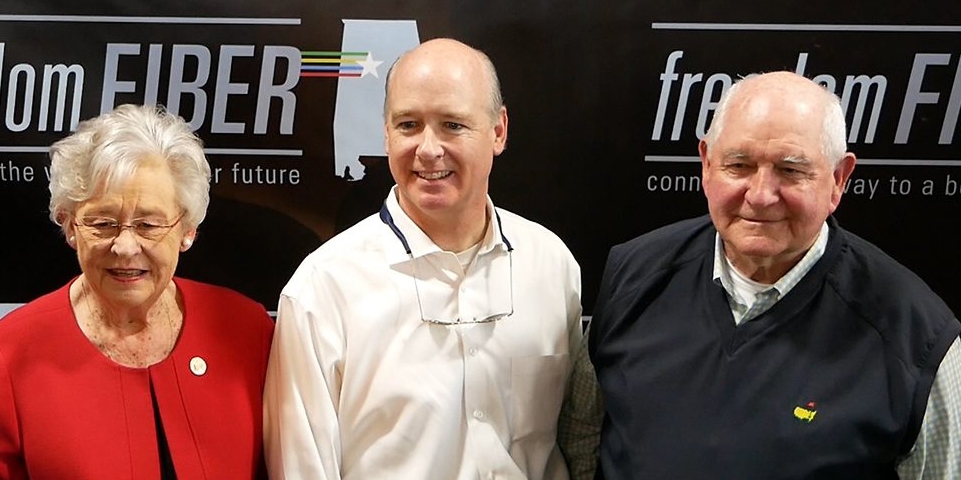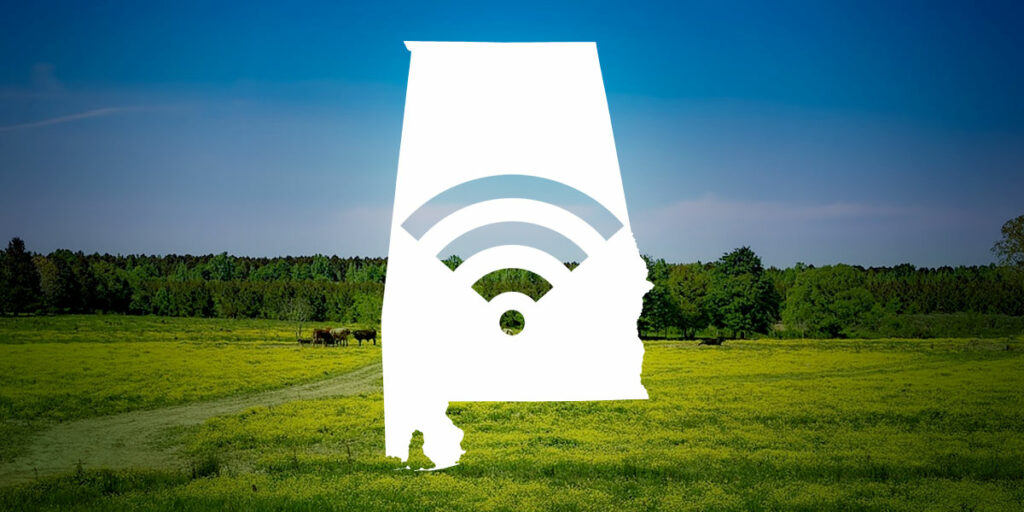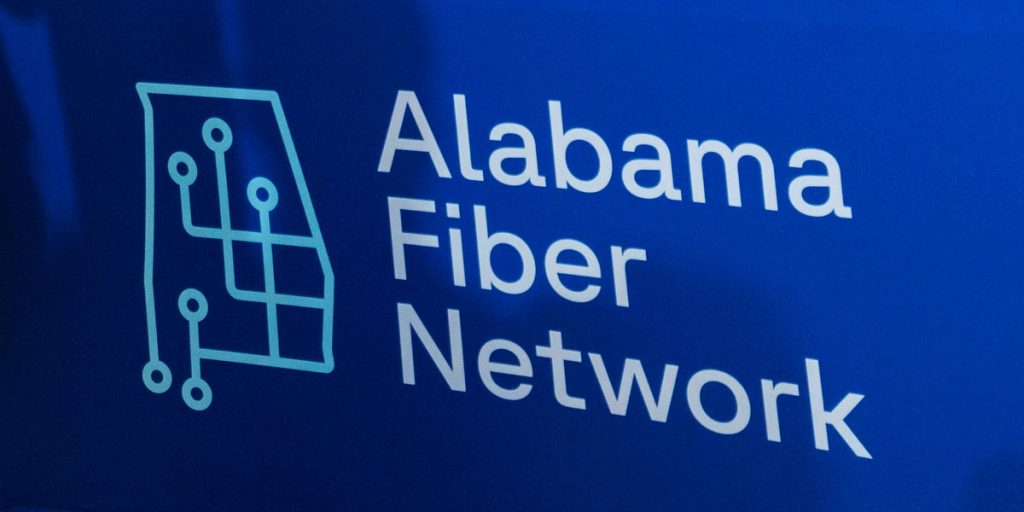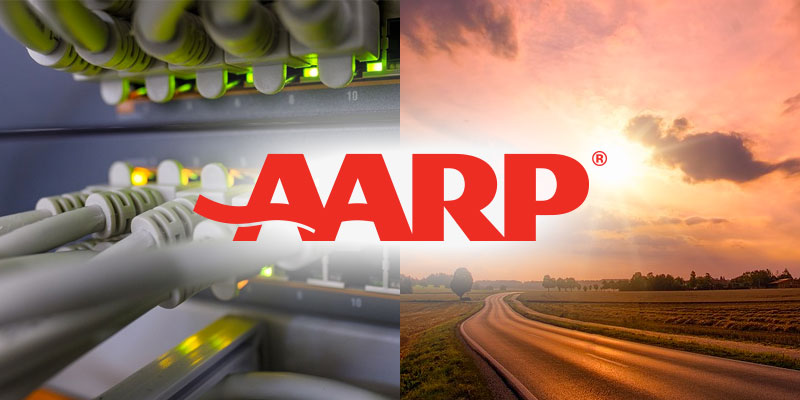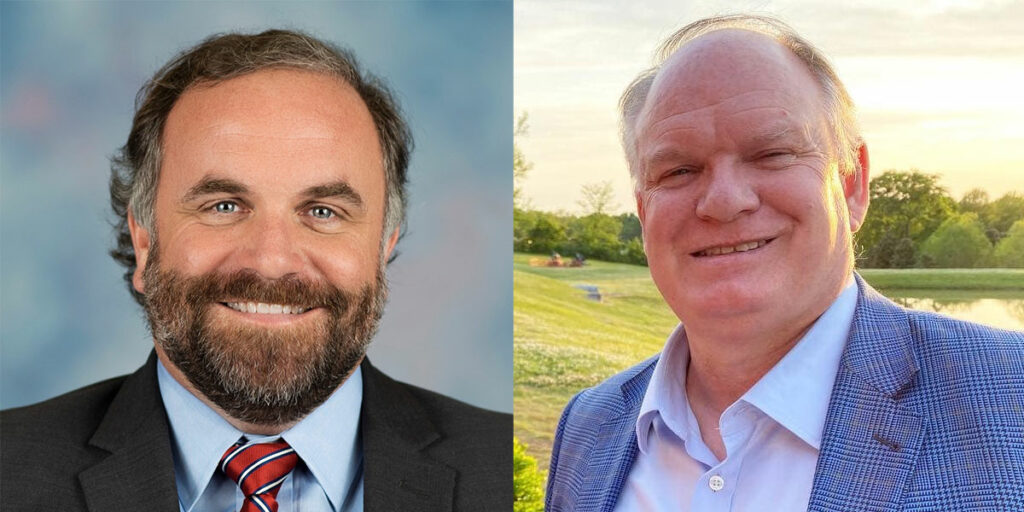Back in 2018, while I was serving as the chairman of the House Appropriations Subcommittee on Agriculture, I oversaw the creation of the USDA’s Rural Broadband Reconnect Program. The goal of this program was to do the same thing for internet connectivity that the rural electrification program did for electricity almost 100 years ago.
The reason for this is simple, for better or for worse, we now live in a connected world. Those who have access to high-speed internet are at a much greater advantage that those who do not. High-speed internet means access to better educational opportunities, tele-medicine to connect to experts on the other side of the country and the ability to create new businesses.
In the four years since the Reconnect Program began, it has had great success all across America, in Alabama, and specifically, in Alabama’s 4th Congressional District. Then Secretary of Agriculture Sonny Perdue and President Trump were tremendously supportive of these efforts and began the task of implementing them. Several billion dollars have been invested in rural broadband and tens of thousands of people in the 4th district have finally been connected. For them, it means no more slow dial-up or the first generation slow satellite-based internet.
While there has been tremendous success, there is still more work to be done. This is why I recently convened a broadband symposium at Wallace State Community College in Hanceville. The idea was to look at the progress we have made so far, the work we still need to do and to look for cooperative ways to get the job done.
In attendance at the event were a who’s who of players in the internet service realm. We also brought in members of the Alabama House and Senate, because they are a major ally in these broadband efforts. Lt. Governor Will Ainsworth also attended. Ainsworth, as head of the Alabama Senate, has also been a major proponent of getting people in rural Alabama connected.
Under Secretary of the USDA for Rural Development, Xochitl Torres Small, served as our special guest and keynote speaker. Small is a former Congressional colleague of mine and is also from a rural area of New Mexico. So, she understands the importance of getting people in rural areas on an even footing with their big city neighbors.
Those in attendance at the event participated in breakout sessions with Small and myself. This was an opportunity to hear first-hand the successes we’ve seen and to find ways we can help navigate around any problems there might be in getting broadband to that last mile and into someone’s home or business.
As I mentioned above, cooperation is going to be key to achieve our goals of getting reliable high-speed service to everyone who wants it. And I’m talking about cooperation at a number of levels.
Internet has traditionally been supplied by cable companies and telephone companies. And they will continue to play a major role in meeting our goals. But there are also new players in the field, like local electricity suppliers.
Tombigbee Electric based in Hamilton was one of the first entities to request and receive ReConnect funds back in 2018. They have been rolling our their Freedom Fiber product in counties all over the western part of the district. More recently, the Cullman Electric Cooperative has also entered the internet sphere with their Sprout service reaching people not just in Cullman County but also Winston and soon Marshall Counties.
Our broadband meeting was also attended by representatives from Space X and Amazon. Both are entering the satellite-based internet realm. They seek to deliver high-speed service from a series of satellites in low earth orbit. These deliver much faster rates than current satellite-based services.
But whether it’s broadband from traditional sources, or from new players in the field, it’s going to take all of them to truly get everyone connected. It will also require cooperation from both the public and private sectors. I’m thankful we have so many state and local officials who share this goal, and that we have entrepreneurs at all levels who have joined this effort.
People who live in large cities benefit frequently from the investment in tax dollars. I have always fought for those in rural America to get their fair share as well, because they too are taxpayers. The investment of rural broadband dollars will pave the way to get internet down gravel roads, dirt roads and across pastures and chicken farms. Down roads that have names like Hog Jaw Road, Mud Creek Road or Possum Ridge Road. And roads that just have a number, like County Road 4.
My continuing goal is to have the fourth congressional district the best-connected rural district in America. We are closer than ever to making broadband possible for all those who want it. And now is not the time to let that momentum slow. I will continue the fight to get everyone connected.
U.S. Rep. Robert Aderholt (AL-04) is a Republican from Haleyville.




